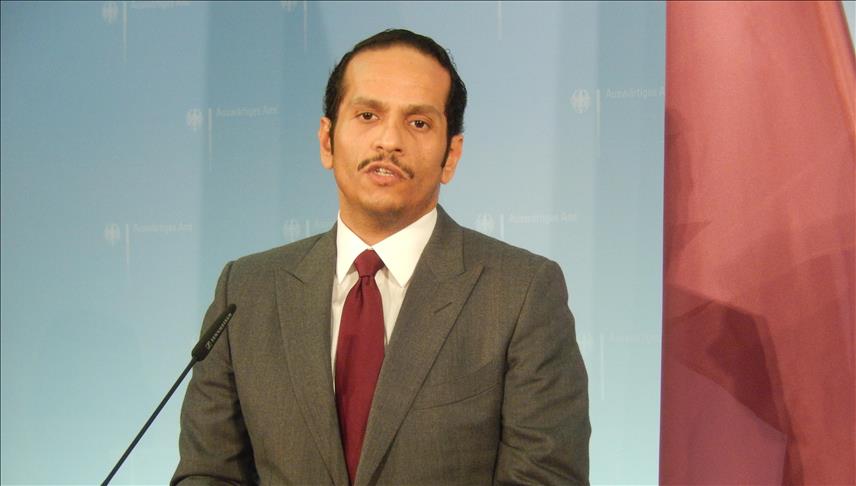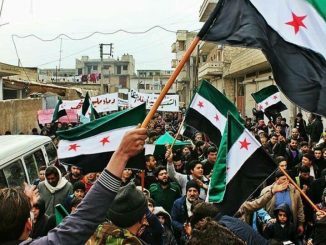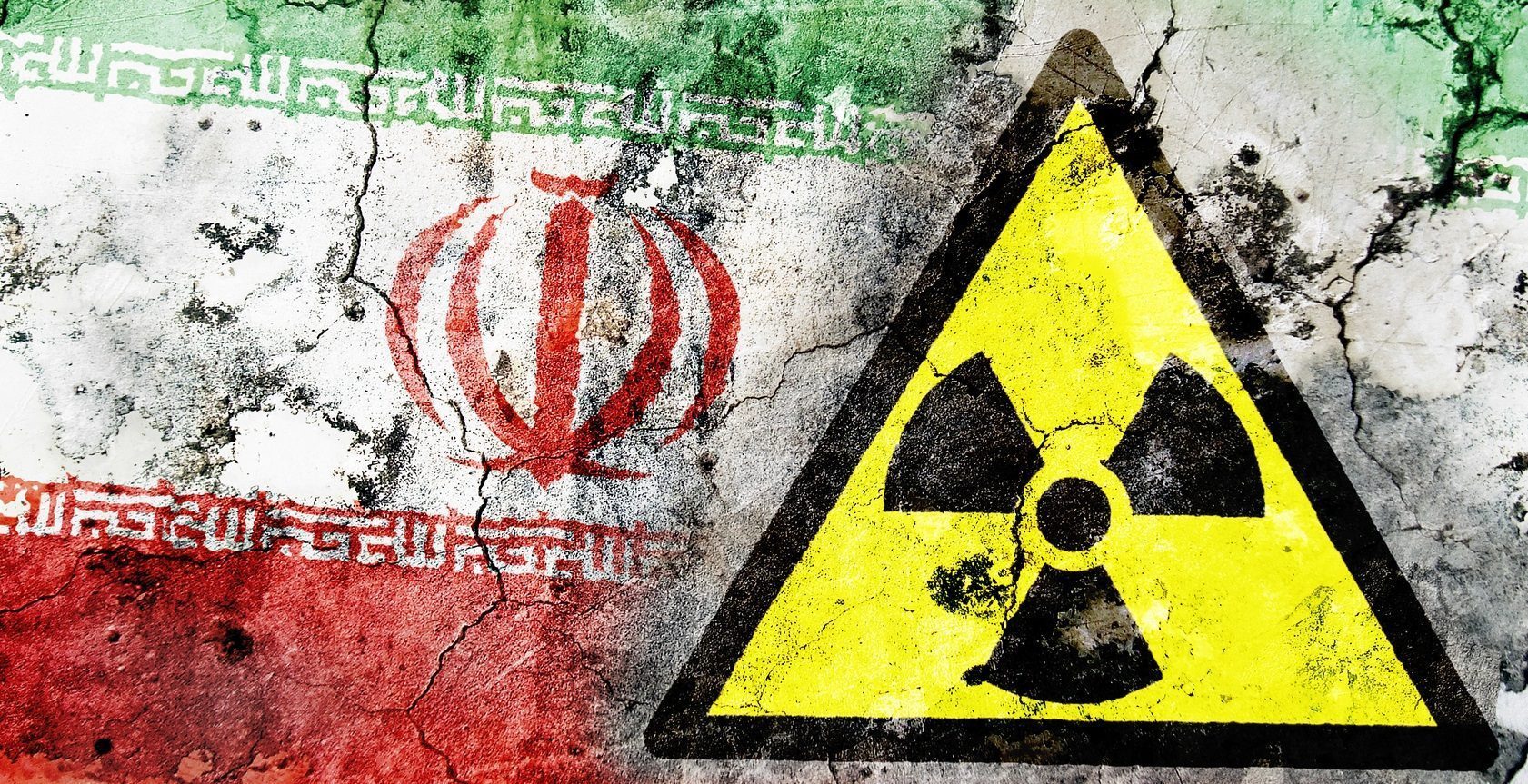
The political situation in both Iraq and Turkey is at its worst. Turkish President Recep Tayyip Erdogan has reiterated that his country’s troops will take part in the Mosul operation (to free it from the clutches of Daesh) and Ankara will also play a role in any talks aimed at resolving the issue.
Iraqi Prime Minister Haider Al-Abadi, on the other hand, is of the view: “We will not allow Turkey’s participation in Mosul liberation battle.” Actually the dispute between the two countries goes beyond Mosul, as it reflects a broader regional conflict as well as potential dangers threatening the entire region.
The Iraqi media is portraying Turkish role in Mosul as sectarian or anti-Shiite, which is a blatant lie. As a matter of fact, the Turkish military activities have never been sectarian.
Turkey never fought the Syrian regime, Iran, Hezbollah or Russia. It has only battled Daesh, the PKK and its Syrian Kurd allies — who happen to be Sunnis — because they threaten the unity and stability of Turkey. The military operations launched by the Turkish army are not sectarian in nature as wrongly portrayed by some Iraqi leaders or Arabs, who naively think Turkey is willing to enter a foolish sectarian war. In my opinion, the Turks are paying the price for their incorrect approach at the beginning of the Syrian revolution, when they avoided intervening in the crises in areas along their borders and did not specify the areas that they considered important to their national security.
Aleppo, for example, is considered a geographical and historical extension of Turkey. Yet, as a result of Turkey’s neglect, Iran has gained influence in Syria, and using it as a bargaining chip in dealings with the Arabs and the West.
Ankara’s goal is to fight Daesh in Mosul and prevent the battle to swerve toward Turkmen and others. But Iran is the one, which is leading the political and military confrontation against other parties including Turkey.
The Iraqi government is helpless in this situation, as the Iranians have managed to fill in the vacuum left by the US troops’ withdrawal. Iran is supporting sectarian militias in Iraq and has weakened the central authority. Tehran had used this tactic earlier in Lebanon.
After creating problems in Iraq, it is trying to replicate the Lebanon model in Syria as well. Ankara has tried diplomatic channels by dispatching a delegation to Baghdad. The Iraqis responded by sending delegates to Ankara, yet these talks proved to be fruitless.
Now the question is: Will the Turks defend people in areas where their forces are stationed? Will they fight the Popular Mobilization Militias heading to Tal Afar? What will they do if these militias enter the Syrian city of Al-Hasaka? The Iranians are moving fast and racing against time, as US presidential election draws near. They are manipulating the counter-terrorism campaign by expanding it to stage several wars aimed at controlling strategic crossings between Syria and Iraq as well as in oil-rich areas.
The Turkish army is better equipped and stronger than the armies of Iraq and Iran but Ankara is not eager for a face-off. Meanwhile, Iranian forces and its allied militias are marching toward the Turkish border while chasing the Syrian opposition fighters who are Turkey’s allies. It also encouraged setting up a border zone for Kurds to serve as a scarecrow for Ankara government. At the same time, the Turks are paying the price in different aspects and at different levels, as they are hosting 2 million Syrian refugees, and at the same time facing a plot by Iran and Russia, backed by Kurdish separatists, to move the battle to the Turkish territory. The Iran-backed Iraqis have openly warned that if Turkey dared to defy them in Mosul, they would “dismantle Turkey”.
The situation is very difficult and it would be wrong for the Turks to believe that the war will be finished at Iraq’s Bashiqa camp where their troops are stationed. Never. The Iranians plan to control the political decision-making centers in Baghdad and Damascus, in addition to the oil-rich spots in Mosul and Syria’s Deir El-Zor. They are also aiming to curb Turkey’s regional role.
However, I don’t think that the ongoing tussle between Iran and Turkey has the potential to transform into a war. The goal behind all this is to besiege the Turks and scare them away, so that Iran would be able to control Nineveh, the neighboring provinces, the terrestrial trade routes, southern Syrian areas and the passageways. Turkey is in a tough situation that calls for the formation of a counter camp that is capable of proving its power on the ground.
Abdulrahman Al-Rashed – Arab News



